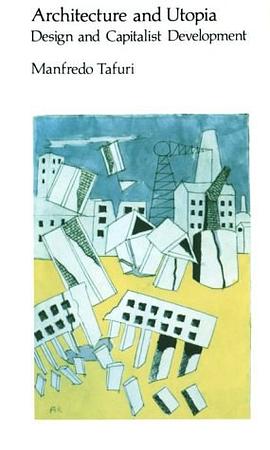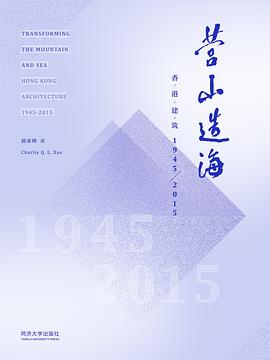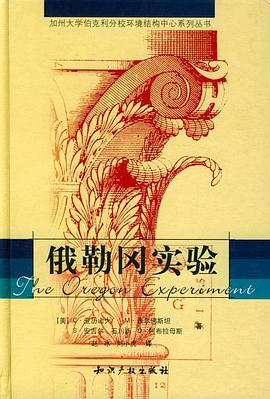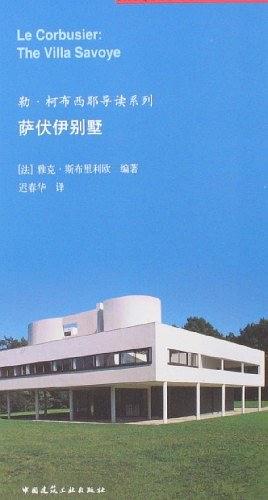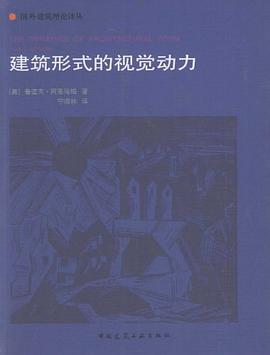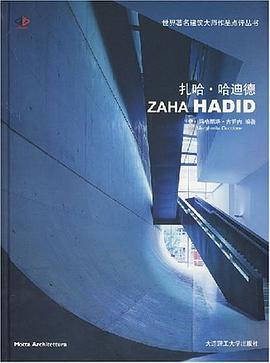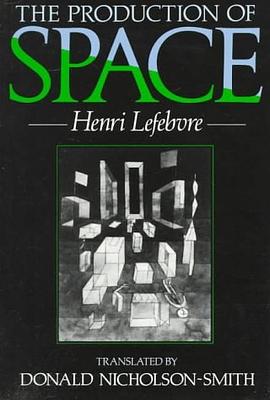
The Production of Space pdf epub mobi txt 電子書 下載2025
- 列斐伏爾
- 社會學
- 空間
- 城市
- 空間
- 哲學
- space
- 建築
- 空間生産
- 社會空間
- 地理學
- 城市理論
- 批判理論
- 馬剋思
- 空間實踐
- 社會關係
- 現代性
- 文化地理

具體描述
Henri Lefebvre has considerable claims to be the greatest living philosopher. His work spans some sixty years and includes original work on a diverse range of subjects, from dialectical materialism to architecture, urbanism and the experience of everyday life. The Production of Space is his major philosophical work and its translation has been long awaited by scholars in many different fields.
The book is a search for a reconciliation between mental space (the space of the philosophers) and real space (the physical and social spheres in which we all live). In the course of his exploration, Henri Lefebvre moves from metaphysical and ideological considerations of the meaning of space to its experience in the everyday life of home and city. He seeks, in other words, to bridge the gap between the realms of theory and practice, between the mental and the social, and between philosophy and reality. In doing so, he ranges through art, literature, architecture and economics, and further provides a powerful antidote to the sterile and obfuscatory methods and theories characteristic of much recent continental philosophy.
This is a work of great vision and incisiveness. It is also characterized by its author's wit and by anecdote, as well as by a deftness of style which Donald Nicholson-Smith's sensitive translation precisely captures.
著者簡介
Henri Lefebvre began his career in association with the surrealist group, from whom he learned Hegel and a concern with dialectical logic. He was the first to translate Marx's early manuscripts into French, and his book Dialetical Materialism (published in 1938) became the work from which several generations of French intellectuals learned Marxism. Immediately after the war, Lefebvre began to reflect on a new object of study which he called "daily life". After the publication of Everyday Life in the Modern World, he was drawn to the analysis of urbanism, and wrote several books on the city, including Space and Politics (1972). In the 1960s he became closely involved with the younger school of French architects, and provided a theoretical framework for their work. Finally, the accumulation of these diverse themes led to his major philosophical work, The Production of Space.
圖書目錄
1. Plan of the Present Work.
2. Social Space.
3. Spatial Architectonics.
4. From Absolute Space to Abstract Space.
5. Contradictory Space.
6. From the Contradictions of Space to Differential Space.
7. Openings and Conclusions.
Afterword by David Harvey.
Index.
· · · · · · (收起)
讀後感
读亨利·列斐伏尔《空间的生产》虽是断章取义,却未曾料到在这“义”上面收获颇多。虽欧洲著作较之北美而言晦涩难懂,然此大作思想之深远、知识之广博已远远超出每位读者之想象,可所谓叹为观止。英哲弗朗西斯·培根尝言,阅读经典有如同一位智者对话,其所得不仅为知识本身,...
評分 評分The spectacle is not a collection of images;rather,it is a social relationship between people that is mediated by images. (Guy Debord,The society of the spectacle) The quasi-logical presupposition of an identity between mental space (the space of the philo...
用戶評價
巨作。幾十年前就預示和解釋瞭當前的許多社會現象。
评分不要把所謂新馬剋思主義這種爛標簽,貼在這個耿直的老頭身上
评分終於讀完瞭… introduction是key,個人覺得第四章最難啃
评分the 70-some-page introduction is the key.
评分每次剛找到步點看到大師的腳後跟,他就又翻一個十萬八韆裏的筋鬥不知所雲。。。。
相關圖書
本站所有內容均為互聯網搜索引擎提供的公開搜索信息,本站不存儲任何數據與內容,任何內容與數據均與本站無關,如有需要請聯繫相關搜索引擎包括但不限於百度,google,bing,sogou 等
© 2025 book.quotespace.org All Rights Reserved. 小美書屋 版权所有


